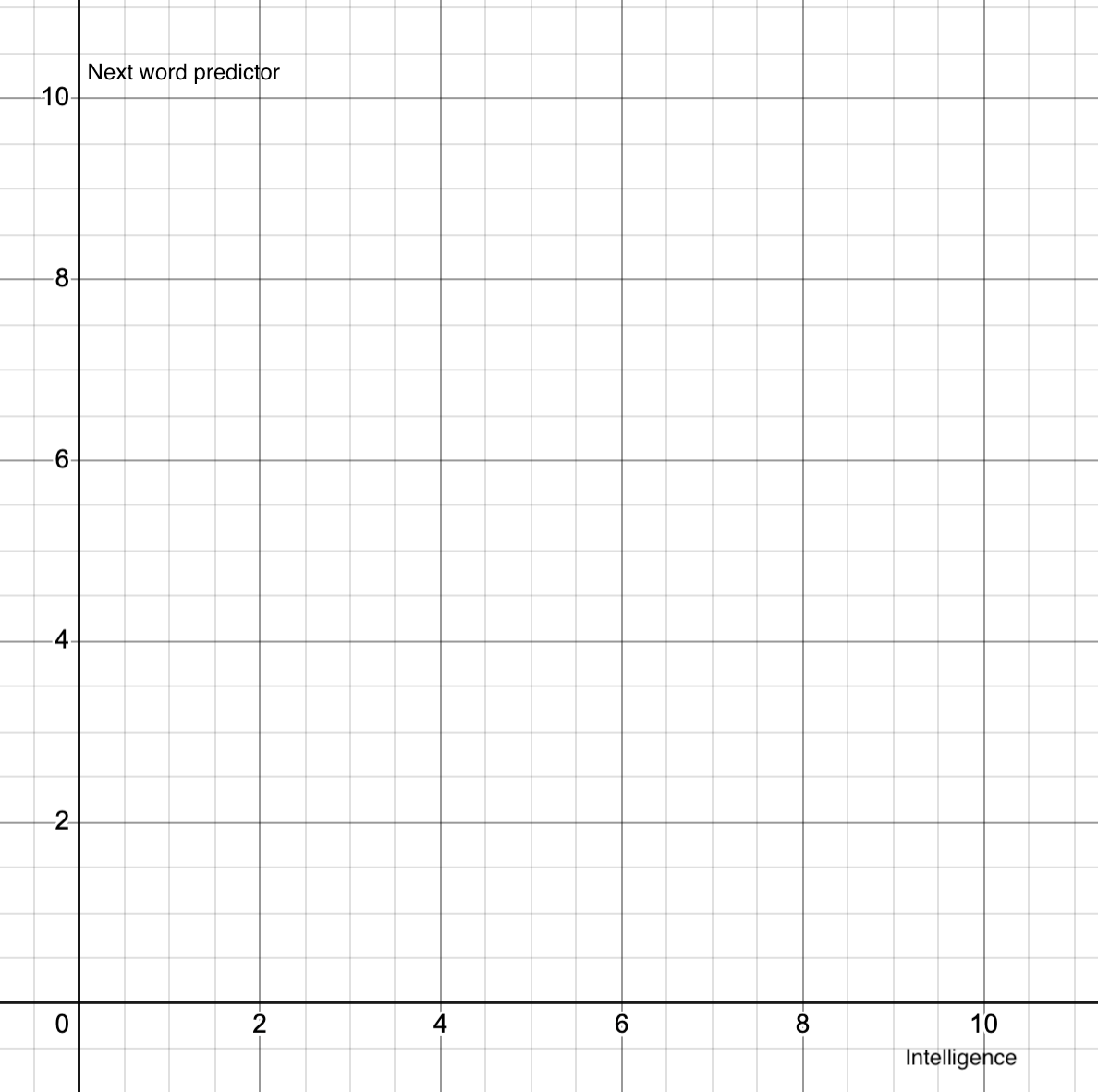this post was submitted on 21 Sep 2024
54 points (80.0% liked)
Asklemmy
48317 readers
425 users here now
A loosely moderated place to ask open-ended questions
If your post meets the following criteria, it's welcome here!
- Open-ended question
- Not offensive: at this point, we do not have the bandwidth to moderate overtly political discussions. Assume best intent and be excellent to each other.
- Not regarding using or support for Lemmy: context, see the list of support communities and tools for finding communities below
- Not ad nauseam inducing: please make sure it is a question that would be new to most members
- An actual topic of discussion
Looking for support?
Looking for a community?
- Lemmyverse: community search
- sub.rehab: maps old subreddits to fediverse options, marks official as such
- [email protected]: a community for finding communities
~Icon~ ~by~ ~@Double_[email protected]~
founded 6 years ago
MODERATORS
you are viewing a single comment's thread
view the rest of the comments
view the rest of the comments

They’re still word predictors. That is literally how the technology works
Yeah, the only question is whether human brains are also just that.
no, they are not. try showing an ai a huge number of pictures of cars from the front. Then show them one car from the side, and ask them what it is.
Show a human one picture of a car from the front, then the one from the side and ask them what it is.
What if the human had never seen or heard of anything similar to cars?
I bet it’d be confused as much as the llm.
That's why you show him one, before asking what that same car viewed from a different angle is.
I had never seen a recumbent bike before. I only needed to see one to know and recognize one whenever I see one. Even one with a different color or make and model. The human brain definitely works differently.
You know what bicycle are though. And you’re heard of recumbent bikes or things similar to it.
If you had never heard of anything similar at all to bikes, and saw a picture of a recumbent bike from the front only, you’d probably think “ I have no fucking idea what that is”.
Idk man, weird for you to think humans can kinda learn fully about something without all the required context.
you keep missing the fact that I don't know out of nowhere. You would have just shown me one and told me what it was. Yes of course I'd be able to tell you what it was. You just taught me. With one example.
To understand a recumbent bicycle you have to understand bicycles. To understand bicycles you have to understand wheels. You have to understand humans, and human transportation. What IS transportation. What are roads. What is a pedal. What is steering. How physics works for objects in motion. Etc etc etc etc.
You truly underestimate the amount of context and previous knowledge you need to understand even the simplest things.
You point to me and tell me this is a bike. If we go around it 90 degrees and you ask me what it is, I can still tell you it's a bike, even though I don't know what one does or is used for. absolutely none of what you mentioned. i need no context. I only need to be able to tell that you pointed to the same object the second time even though I'm viewing it from a slightly different angle.
You point and say "this is a bike", we walk around it, you point again and ask me "what is that?" I reply "a bike.... you've just told me!"
Neural networks simply can't do that. It won't even recognize that it is the same object if it wasn't specifically trained to recognze it from all angles. You're talking about a completely different thing, which I never mentioned.
Now imagine you have 0 knowledge or understanding of anything.
You don’t understand there is a thing called vision. You don’t know about dimensions. You don’t understand that objects exist. That things have shapes, colors perhaps. That there are materials.
You don’t even have eyes per se, or any other sensor. You can’t see.
You don’t understand what thoughts are. What concepts are, nevertheless any concepts themselves.
If I showed you a side-plane picture of a car, directly plugged into your brain, do you think you’d recognize “cars” if we suddenly also gave you eyes and legs and told you walk around downtown?
From the moment you are born you are “trained”. From the moment the first strains of organic molecules closed themselves off from their environment, they’ve been “trained”.
again, whoosh. you missed the part where you train me before asking the question. Then i can extrapolate. And I need very few examples, as little as 1.
I'm talking from the perspective of having actually coded this stuff, not just speculating. A neural network can interpolate, but it sure as hell can't extrapolate anything that was not in its training.
Also, as a human, I can also train myself.
lol, you got me, i definitely hadn't thought of that.